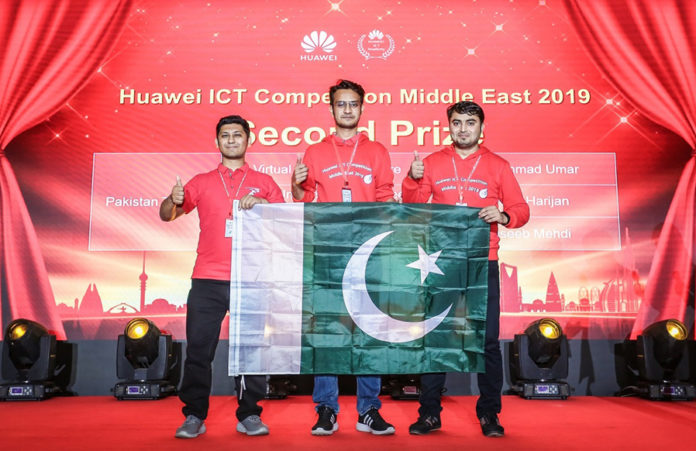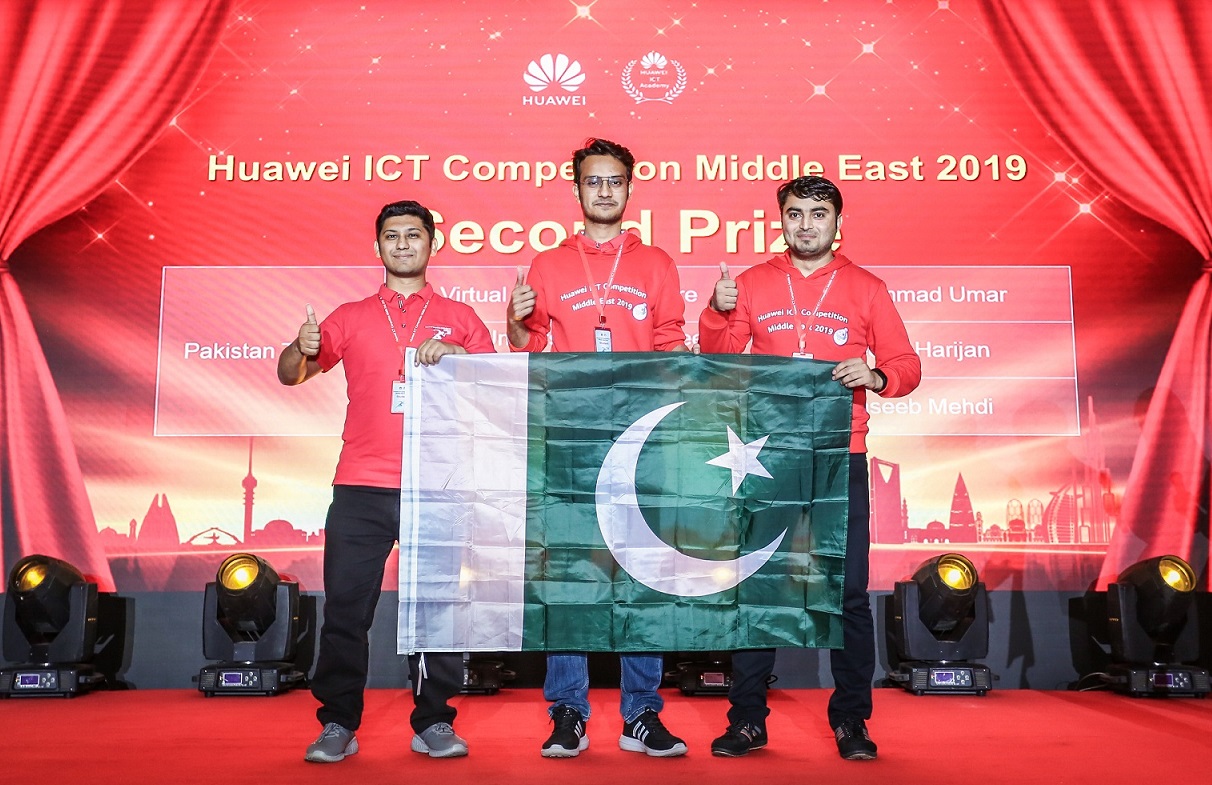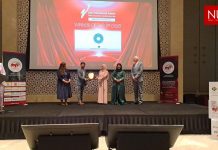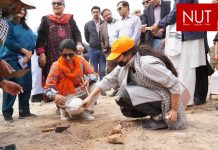Lahore (Muhammad Yasir) Thirteen teams comprising a total of 39 students from across the Middle East, including two teams from Pakistan, competed in the final of the Huawei Middle East ICT Competition 2019-2020, held today at Huawei’s global headquarters in Shenzhen, China. Over the course of 2019, the competition attracted more than 21,000 student registrations from 437 colleges and universities in Bahrain, Iraq, Jordan, Kuwait, Lebanon, Oman, Pakistan, Qatar, Saudi Arabia, and the United Arab Emirates. This year’s final had a total of 13teams and 20 ministries participate from countries across the Middle East.
The information and communications technology (ICT) sector is having an increasing impact on societies and businesses alike. Countries across the region recognize this, and have implemented plans – such as Pakistan Vision 2025 – to best take advantage of new technologies such as 5G, artificial intelligence (AI), and cloud, which can support the realization of digital transformation, national plans and visions. In order to do this, however, there is a need to address the talent gap that currently exists within the ICT sector.
Huawei is keen to support the development of the ICT ecosystem in Pakistan. One of the ways in which it does so is the Huawei ME ICT Competition, which nurtures local ICT talent, working with government authorities, colleges and universities in the Middle East to identify, support, and grow the future leaders of ICT. The Competition promotes innovation and creativity while increasing national ICT competitiveness and encouraging local communities to contribute towards achieving digital transformation and economic growth. Participating students have the opportunity to enhance their ICT knowledge, practical and application skills as well as raising their innovation awareness, thereby enhancing their employability within the sector – especially with national winners receiving an immersion experience within an ICT company’s headquarters in Shenzhen, China, in addition to employment opportunities and other prizes. Through the Competition, Huawei facilitates connections between international talent, providing equal opportunities for quality education with the aim of enabling more people to benefit from the digital economy.
Charles Yang, President of HUAWEI Middle East, said: “We congratulate our winners, and all of the teams who made it to the Huawei Middle East ICT Competition 2019 Final. This year’s field of competition was especially strong. Each team participating in the final round represents some of the brightest talent from their country, as well as from the region. Seeing so many gifted young people gives us great confidence in the future of ICT in the Middle East.”
He added: “The Huawei ICT Competition aims to develop ICT skills and knowledge amongst the region’s youth population, giving them the understanding to contribute to their country’s digitalization efforts. Working with partners in the public sector, we are committed to developing the ICT ecosystem of Pakistan, and the competition is designed to be in alignment with government targets towards building a knowledge-based, sustainable digital economy, which can be further driven by the digital leaders we aim to create.”
The final round of the Huawei ME ICT Competition included the ICT Talent Education summit roundtable with ambassadors and chancellors from the participants’ countries. During the panel, participants discussed several pertinent topics, including the rapid development of technologies such as 5G, AI, and cloud, and how they are leading the way towards business growth and societal development, and the shortage of ICT talent in the Middle East who are ready to adjust to the new intelligent digital era and be accountable for supporting their country’s national ambitions. The participants called on governments to increase investment in ICT talent enhancement to address this shortage, and on universities to adapt their curriculums to meet the requirements of future ICT talent cultivation. They also called upon ICT industry companies, such as Huawei, to make their own contributions to developing more ICT talent, such as through CSR programs and activities.
Pakistan’s team one placed second and team two placed third in the competition. The winning teams received special certificates and trophies at the finale, as well as the opportunity to conduct field experiments at Huawei’s specialized labs and research centers at its global headquarters, collaborating with some of the brightest minds of the industry. Team one from Pakistan included Muhammad Umar, Neeraj Harijan, and Haseeb Mehdi, while the second team featured Muhammad Salman, Syed Qazi Shameel Uddin, and Syed Muhammad Kazmain.
Winners received their prizes during a ceremony attended by several VIPs, including Steven Yi, Member of the Supervisory Board and President of MEA region at Huawei, H.E. Hashmi Naghmana Alamgir, Pakistan Embassy in China, H.E. Ata Ur Rahman, Pakistan Embassy in China, Mr. Lianpu Ding, Director of the Center for Exchange of China-Foreign People-to-people of the Ministry of Education of China, and Dr. Li Jihong, Deputy Director of UNESCO Centre for Innovation in Higher Education.
The winning teams were selected based on a three-month qualifying period, during which each competed against their national counterparts to earn their place in the regional finals. Qualifying rounds included working in real ICT laboratories, getting up-to-date with key technologies such as cloud computing, AI, Big Data and 5G.
In the final round, teams competed in day-long competitions, which included technology workshops with global ICT experts and discussions with senior delegates from Huawei.







